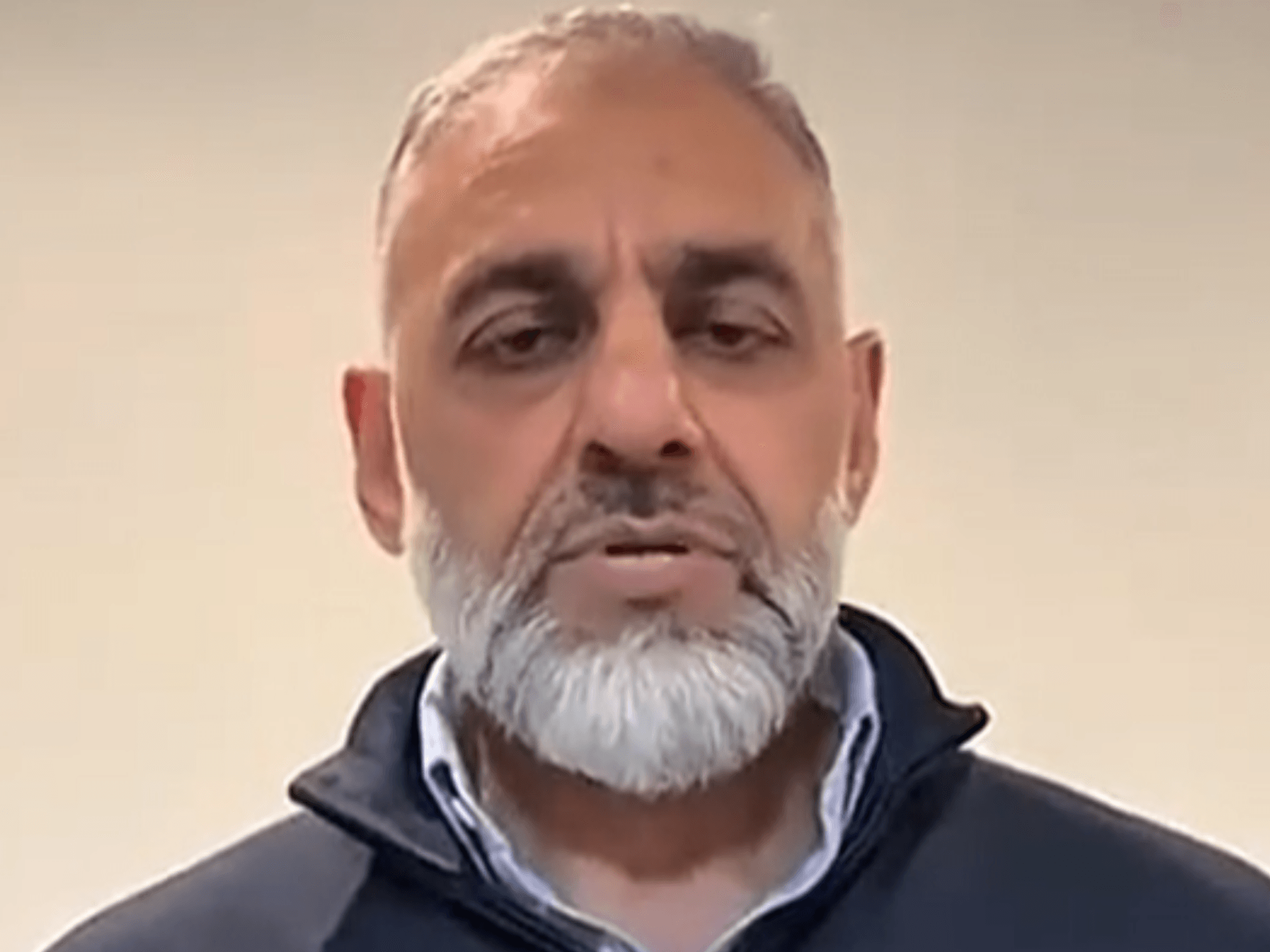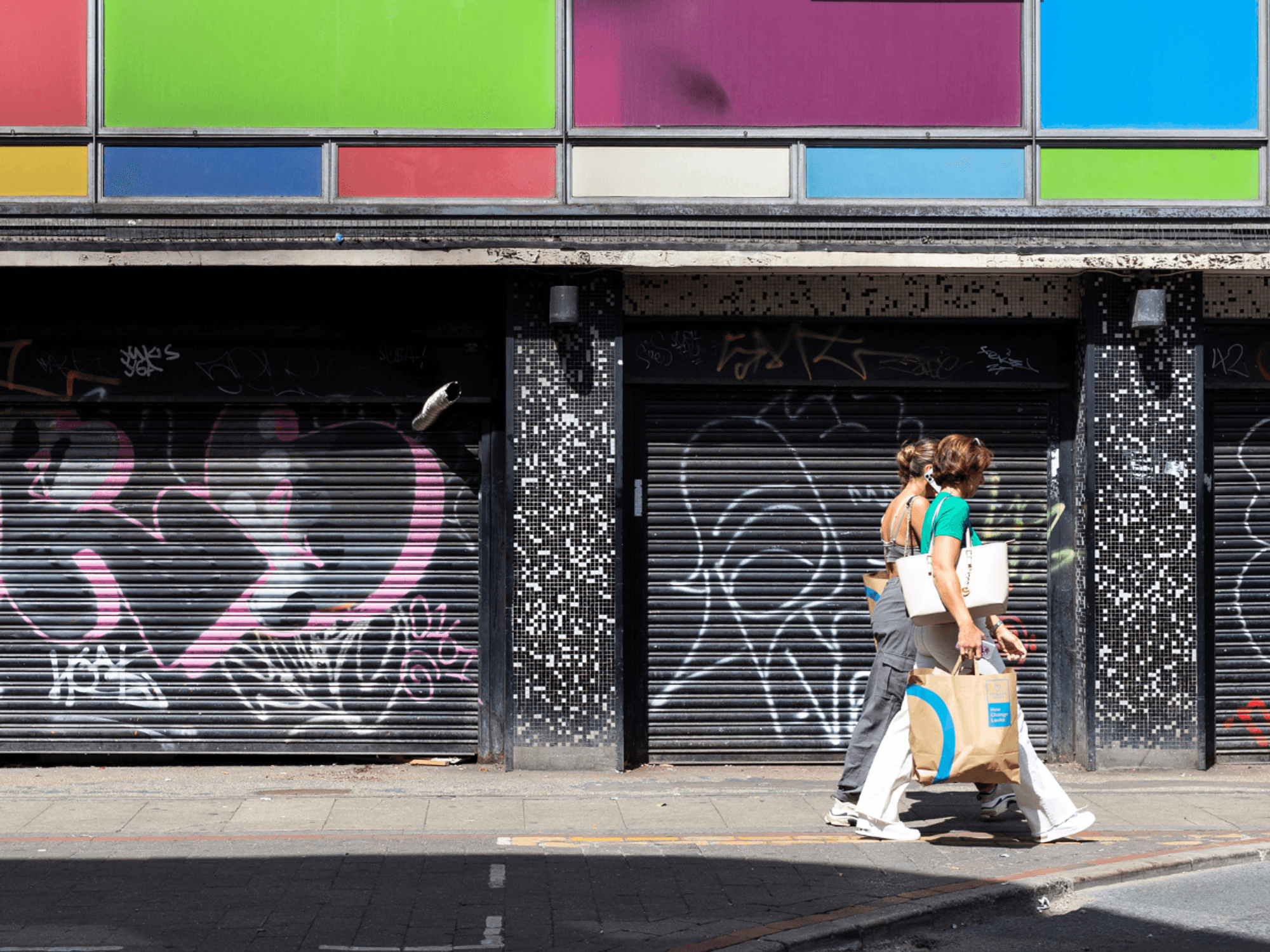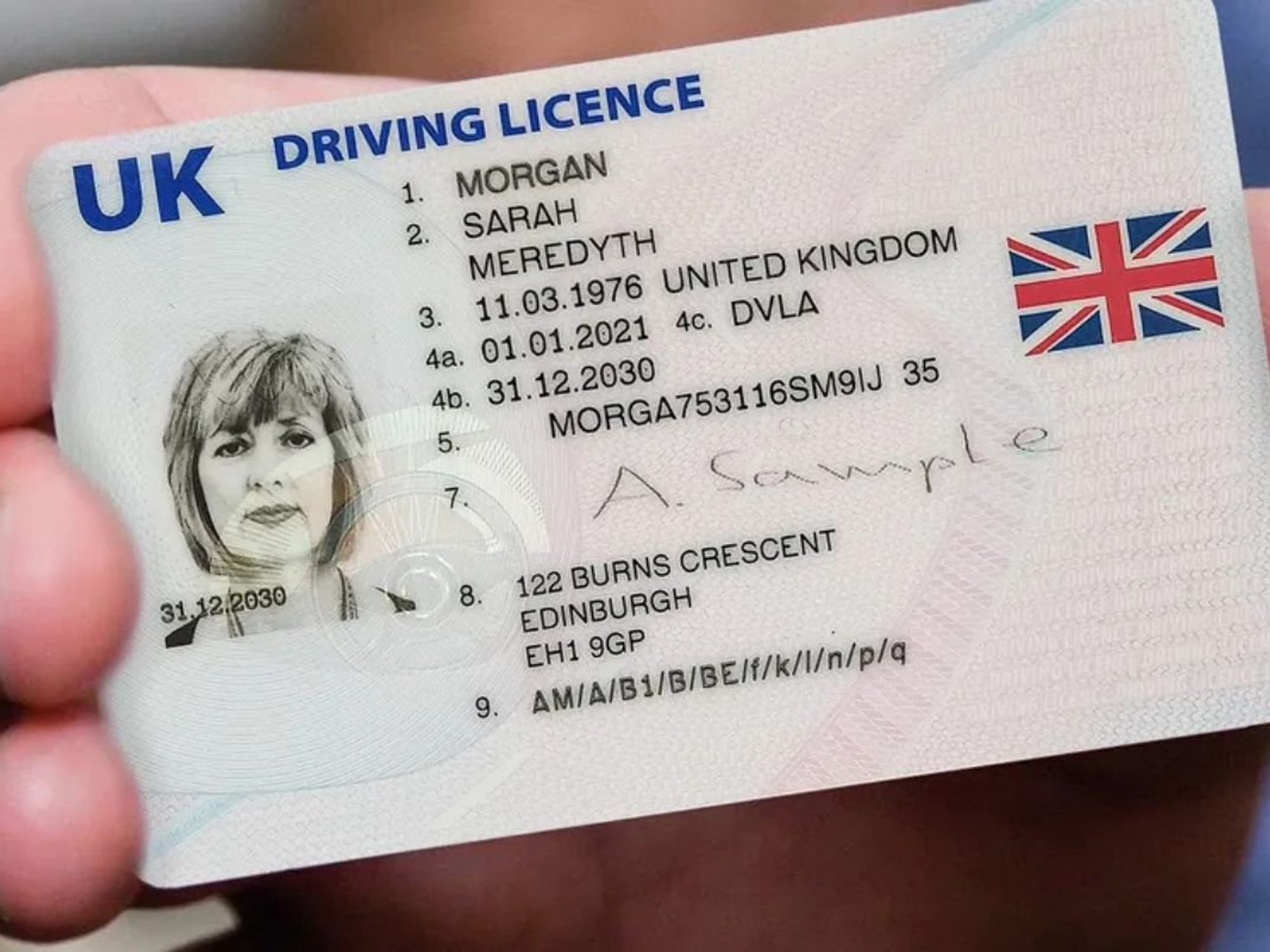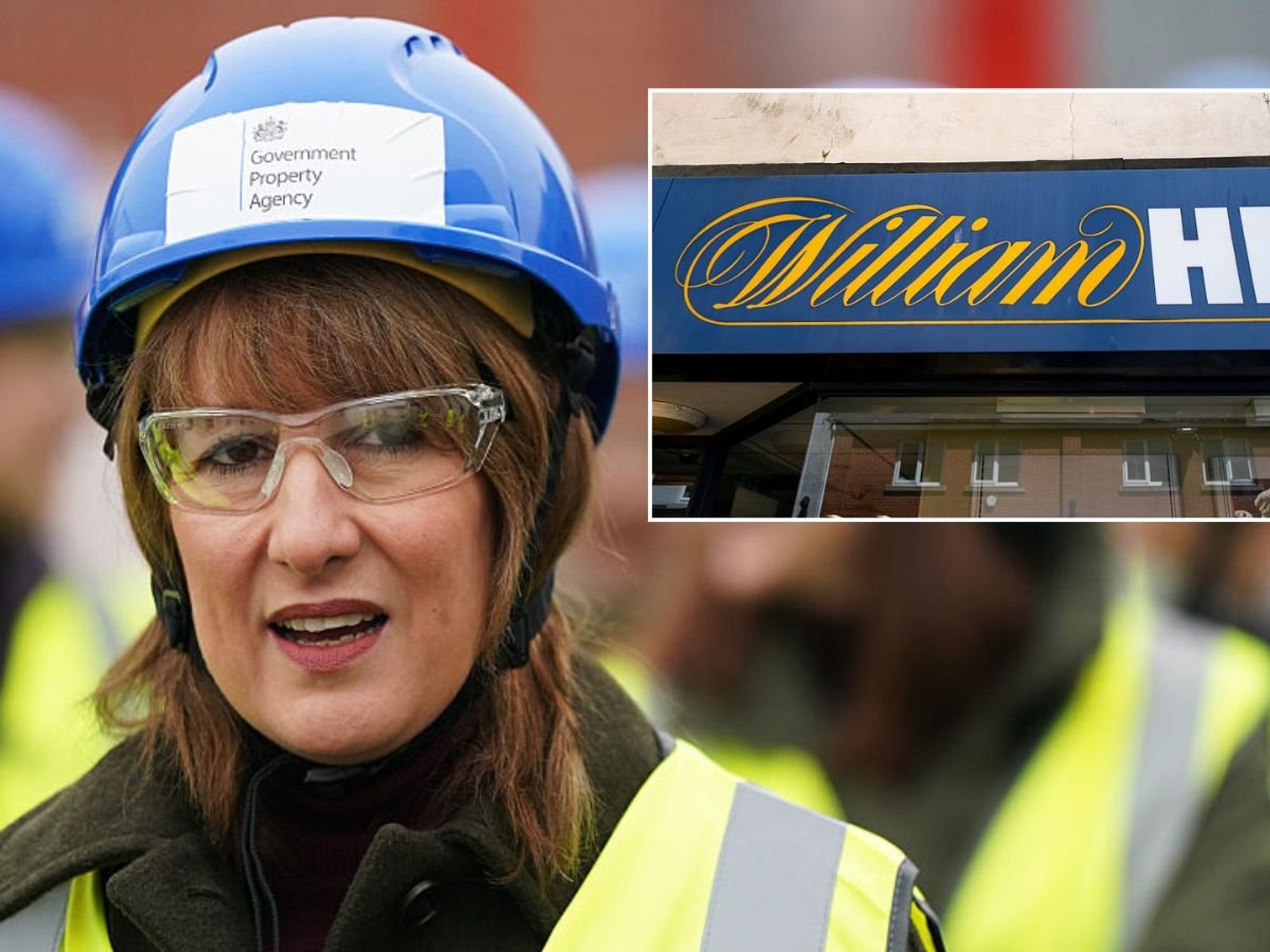The junior doctors' pay demands are a smokescreen for something far more sinister - Renee Hoenderkamp
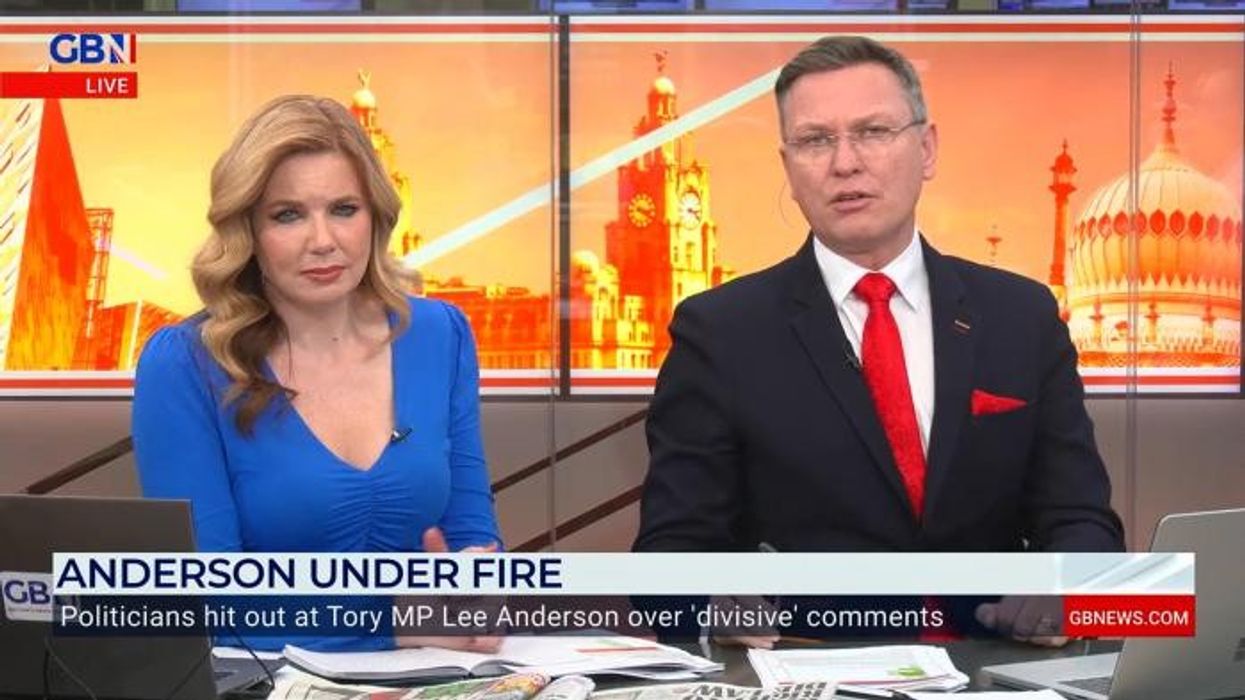
Junior doctors strike AGAIN | 'They need their heads banging together' |
GB
OPINION: This is not about wage parity or reclaim, moral or working conditions
Don't Miss
Most Read
Trending on GB News
Junior doctors, who now like to be called resident doctors, are just one more group of civil servants who have forgotten some key facts about their employment.
They have forgotten that the taxpayer pays to train them and then pays them to work, they have forgotten that they will move into the top five per cent of earners in the UK for the majority of their working lives and have a pension most can only dream of, they have forgotten that medical schools are oversubscribed by a multitude of four applicants for every place.
But above all, they have forgotten that they touch lives for a living, they are often the difference between life and death, and the reward for that goes far beyond the sheer numbers in their pay packet.
Now, they are threatening to bring the NHS to its knees (its already there if you ask me), and frankly they could kill it if they don’t get a further pay rise equivalent to another 28 per cent on top of the 22 per cent they were given by the incoming Labour Government in August last year. And let us not forget that the government have offered a further 5.4 per cent increase on top of the 22 per cent that they had less than a year ago. The highest public service pay offer.
This current threat comes as no real surprise, leaked WhatsApp messages last year showed that the militant BMA resident doctor arm was already planning for more as they accepted a 22 per cent pay rise.
They said very clearly that they would wait until the government was weak and then attack again, and this is exactly what they are doing. As the old saying goes, when someone tells you what they are, believe them.
Still, they parrot the same mantra: that they have had wage deflation, and they need the extra massive pay rise to catch up with what they have lost over the years. And yet the truth is that none of these young medics has lost anything.
They came into medicine knowing exactly what the salary would be, and they took the job knowing that. And their figures are dubious to say the least. No new doctor starts on £14/hour. They get a basic salary and then lots of add-ons for where they work, how often they work anti-social hours, etc, and the salary rises automatically with every step up each year.
As a training GP 15 years ago, I was earning £56,000 a year, and that has not gone down in that time; in fact, it is now £68,974. You become a GP trainee two years after qualifying, so if you go from school to med school and then straight to work, you would be 24 years old and earning this. Is that so awful? I didn’t think so, and I wouldn’t think so if I were earning almost £70,000 today.

The junior doctors' pay demands are a smokescreen for a far more sinister truth - Renee Hoenderkamp
|Getty Images
But don’t just take my word for the smoke screen - the sound bites from the resident doctors are being unpicked by others. Today, the Nuffield Trust, which is not known for its right-wing tendencies, has published an analysis of the claims and stated that “Junior doctors are better off now than they were a decade ago - despite union claims that they are 22 per cent poorer”. They say that the BMA is picking a rarely used measure of pay because it changes the reality to suit their argument.
The Nuffied Trust showed that if the BMA were to use the CPI, which is the measure used by the Office for Budget Responsibility, and use 2014-2015 for a comparison instead of the cherry showed that if the BMA were to use the CPI, which is the measure used by the Office for Budget Responsibility, and use 2014-2015 for a comparison instead of the cherry picked 2008, resident doctors would be better off now than a decade ago by almost eight per cent. And remember, most of these young doctors would not have qualified in 2008 and many not even in 2014!
The BMA has defended their use the RPI because it is used by the Government to calculate student loan interest rates. In reality, the spokesman who spoke to the Telegraph today gave the true answer with “Using RPI is a measure which we, in line with the wider trade union movement, believe best reflects the real-life experience of working people in the UK”. They have forgotten the vocation that medicine is.
However, to be fair, on student loans, I think they have a point. The interest rate used for student loans is much higher than mortgage rates, and the debt incurred by medical students can top £100,000. They are in the tiny slither of students who will actually pay the loan back, due to their high earning potential. So, here I think there may be scope for the government to do something. Perhaps agree to write off the loan if the doctors commit to staying in the NHS for 10 years?
And finally, I would challenge these doctors on their claims regarding working harder, with more complex medicine and more to do. I think this is fiction. If you speak to the juniors of 30 years ago, they lived in the hospital every other weekend and slept there. They worked non-stop, they weren’t paid more, but they may have felt richer because they had no time to spend it. I do think they were valued more, and this is a problem.
Doctors' residencies have long gone, no longer do cooks make their food, the best they get in the middle of the night now is a vending machine full of rubbish or a biscuit from the patient trolley if they get time. There was more respect from patients and colleagues. Nurses can often be found bullying Juniors now, and because the training system now sees them move on to another role every four to six months, they just suffer rather than rock the boat. I have experienced all of this combined to destroy morale. Extra money doesn’t change any of this.
Yes, there are more drugs and more identified diseases now, but some would argue that this makes life easier, not harder, as there is more certainty.
Training doctors work fewer hours now, partly heralded by the European working time directive, and this means they get less training. If you speak to surgeons now, they will tell you that there are more doctors but no more operating theatres, so opportunities to learn are thinner on the ground. In 1995, there were approximately 55,000 doctors; by 2008, just under 90,000 and by 2023, 140,000! Coupled with doctors being much more focused on work/life balance, means that they often refuse to stay after their scheduled hours to see an interesting surgery so they don’t learn how to do it. I know many surgeons who are 50+, and they all complain of this. Some have told me of some surgeries needing to be scheduled with two surgeons because they don’t individually have the expertise needed.
So all of this comes back to the militarisation of the doctors' union, the Resident Doctors BMA arm. The takeover is complete. This is not about wage parity or reclaim, moral or working conditions, it is an ideology baked in Marxism that is determined to treat the role of doctor as that of a train driver; more money or we down tools. And damn the patient who has been lost in the ideology of these young medics.
I would say you are in a well-paid role that should make you revere the privilege that a patient sharing themselves with you at their most vulnerable and allowing their lives to sit in your hands is. Instead of trying to get pay restoration, I say let's get respect, empathy and compassion restoration.
More From GB News






